As I wrote earlier, I left myself with no money for drinks this week.
So I drank water all week long. No problem there.
Other than the matter of residual tastes in my mouth, long after having finished my meal.
But Shabbat (Sabbath) poses a problem.
I need wine (or grape juice) for kiddush (a brief prayer sanctifying the holy day) on Friday night and again on Shabbat day (or whiskey, or according to some, including my family, even soda). And then again some flavored drink for havdala (another brief prayer after the end of Shabbat, separating the sacred from the rest of the week).
I will admit that I did drink grape juice for kiddush on Friday night and havdala, but only because the rest of my family needed to hear them as well. Otherwise, had I been alone, I would have use the following plan.
On Friday night, if one does not have wine, one may make kiddush on bread instead. Simply replace the bracha (blessing) on the wine with the one for bread, and presto, a perfectly legitimate kiddush.
Daytime kiddush would be a bit more of a challenge. But I was going to shul (synagogue) and there is always a social buffet after davening (prayers) are completed, so I went down and listened to the rabbi recite the kiddush. No need for me to actually drink anything, hearing the words and responding to the blessing is sufficient.
Provided I actually eat some cake or cookies at the buffet. (The bakers’ union got their hand on this ceremony 🙂
But I’m not supposed to eat anything outside the $30 limit this week. So I brought my matza with me (because, as I wrote earlier, I couldn’t afford challa (traditional bread used on Shabbat and holidays) on my budget.
And I was going to eat my matza so that I had established a “meal” according to halachic (Jewish law) guidelines.
My wife, though, pointed out, that even if I were on food stamps, I would attend davening and would then have gone to the kiddush. And probably told my children to discreetly fill their plates with hot food and salads, as this would be their lunch.
This happens. This is the reality of families on SNAP. Kiddush is a meal they count on when planning their survival for the week. Because it can only be seen as survival.
And we have to be sensitive to that. Our shuls should see that there is always some significant food, and not just pretzels and chips, available. Because some people count on it.
And those of us not in such dire straits should be understanding when we see people, including the elderly who suffer with fixed incomes that do not accommodate inflation, loading their plates, and even wrapping food in napkins to take home for someone who couldn’t make it or for a later meal.
My wife also told me that had she known I would not partake of the kiddush, she would have davened at a closer synagogue because the weather was particularly threatening.
So I ate one piece of cake, and a few spoonsful of cholent (there’s no good way to describe it, sorry). And half a cup of seltzer. The laws of household harmony trump just about everything else in Jewish law. So I figured it would trump this challenge as well.
That, and three micro pastries and one grape at a school program (when I forgot my dinner at home and wouldn’t get to it until after 11pm) were my only “cheating” this week. I also caved and ate my left over pasta on Friday afternoon, so my photo of Friday lunch ended up not being accurate. But that’s not a cheat, because I only ate what I had bought with my $30.
Another thing dawned on me when contemplating kiddush. The poor in our community would benefit greatly from invitations to our houses. And many of us do, in fact, invite a wide range of people to our Shabbat tables. But how many of these families find some excuse to not accept because they know they can not reciprocate the invitation. They are too proud to be seen as taking handouts and instead suffer in silence. Some families get so destitute that they numb themselves tothe embarrassment they felt at first and take what they need with great appreciation. But that takes time. And that means that it takes suffering. On their parts, and the rest of their families’ parts.
And when they do take, as I said, it is not that they do not feel a sense of shame and embarrassment, that somehow they did something wrong to find themselves in this position. They numb themselves to the feelings. Taking the blows to their egos and psyches, because the pain of seeing their children hungry is worse than the pain of embarrassment.
We must be sensitive to this.
One way to do that is to donate to organizations that provide food to the poor. If you are willing to invite a family of 4 to your table, calculate how much extra you would spend to have them. From food, to drinks, to laundry for the tablecloth and napkins (if you use cloth napkins). Add it all up and donate that amount to a food pantry or other group that works with the poor. That way the families in need get their meals with less indignity (I won’t fool myself to thinking that going to a food pantry is dignified) and do not have to fear not being able to reciprocate.
If you would like recognition for doing that, ask your shul if they could put a section in the bulletin of people who sponsored meals this week by making a donation to the kosher food pantry. There is nothing wrong with this. Because your example will lead others to follow suit.
Havdala provided another challenge. I needed a flavored drink to perform the ritual and only had water. Luckily, my shul makes a public havdala after davening at the end of Shabbat. This plan worked fine for me. For a family with young children, it gets much more complicated. Getting the kids to shul, when it’s after their bedtime. Especially in the summer when Shabbat ends close to 9:30.
But, as with kiddush on Friday night, I had to take the rest of my family into consideration so I made havdala at home with some grape juice.
So even though I broke the rules, there was a way I could have worked it within the system.


Thanks, Eliyahu, for this thread. It has been enlightening and given me a few ideas. Shana Tova for all of Am Israel!